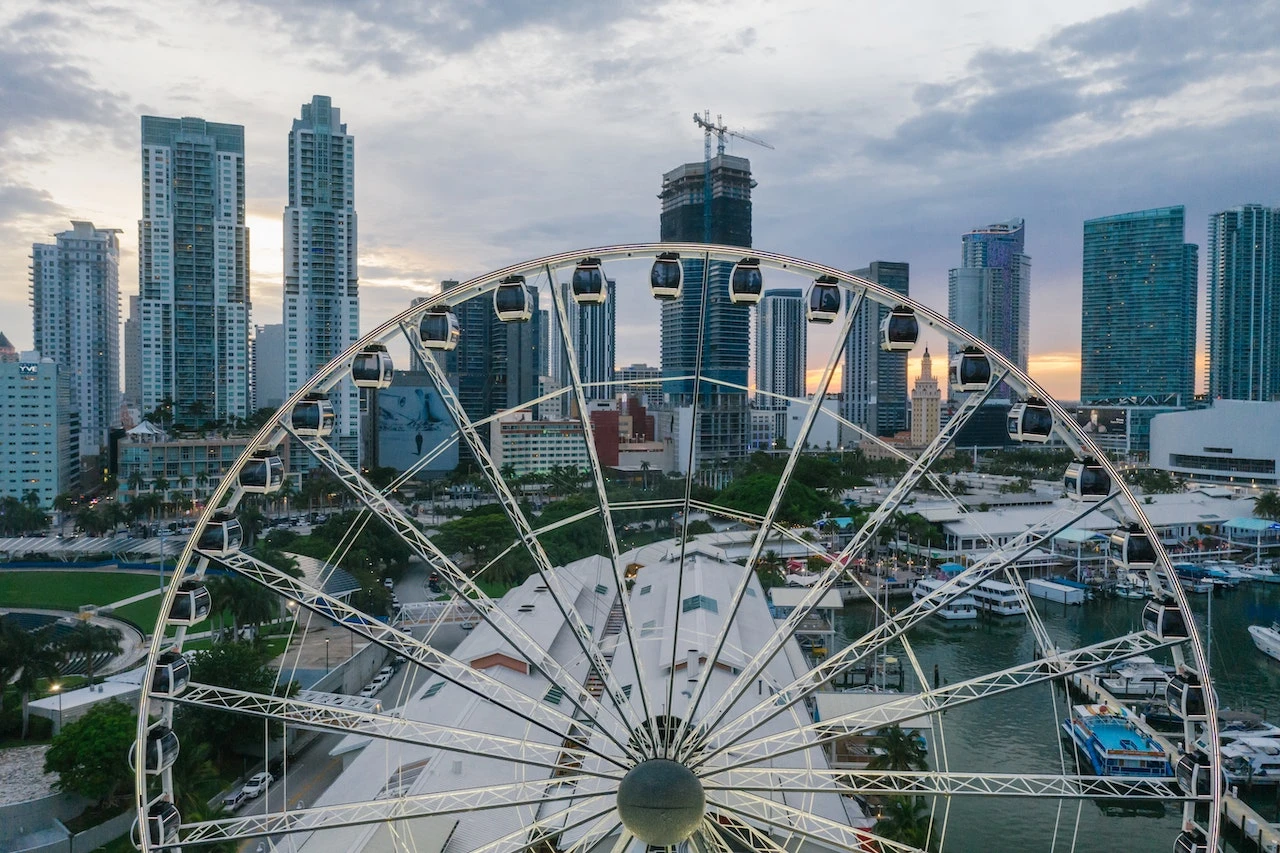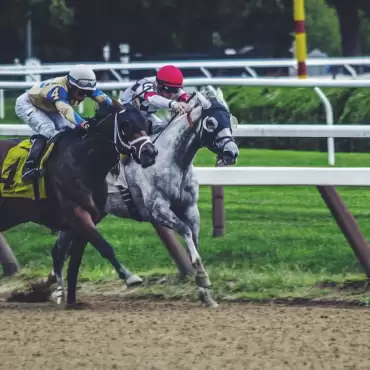The relaunch of the Seminole Tribe’s Hard Rock Bet online sportsbook may face another delay, as pari-mutuel betting operator West Flagler Associates files a petition calling for a rehearing of the case it lost on 30 June.
On 14 August, West Flagler submitted a petition for rehearing to the DC Circuit court, following the betting operator’s loss in the recent West Flagler Associates vs Haaland case.
This case cleared the path for the Seminoles to offer sports betting statewide in Florida, by confirming the state’s “hub-and-spoke” model sports from federal objections.
West Flagler file en banc rehearing
West Flagler’s filing called for an en banc rehearing. This means the case would be reheard by all judges on the bench at the DC Circuit Court, as opposed to the panel of three that heard the original case.
According to the Yale journal on regulation, a successful en banc rebench petition is a rare event in the DC Circuit.
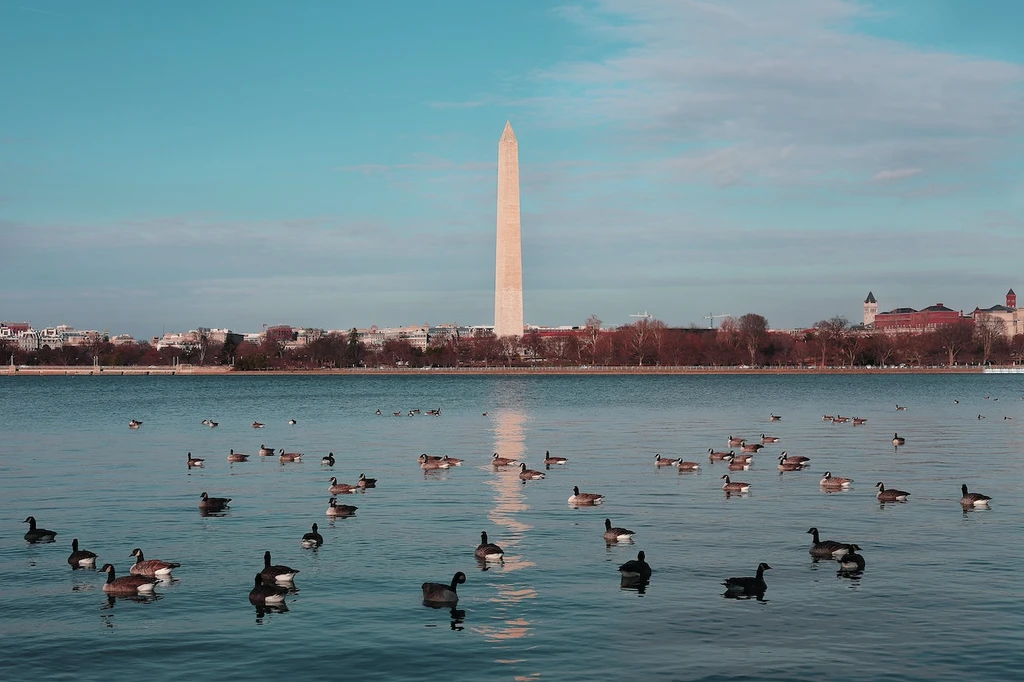
Responding to a request for comment from iGB, the Seminoles chose to highlight the original opinion.
“It’s important to note the three-judge panel… issued a unanimous decision in favour of the US Department of the Interior, which approved the gaming compact between the Seminole Tribe and the State of Florida,” said a spokesperson for the Seminole Tribe.
Case must refer to “questions of exceptional importance”
According to rule 35 of the DC Circuit Court, the court will only approve an en banc request if the proceeding involves a question of exceptional importance.
The operator argued the case gave way to two such questions:
- Whether the Indian Gaming Regulatory Act (IGRA) allows the secretary of interior to approve a tribal-state compact for betting on non-Indian lands.
- Whether the granting of a statewide online sports betting monopoly to one specific Indian tribe violates the Fifth Amendment’s Equal Protection Clause.
Expansion of Indian gaming off tribal lands
In the petition, West Flagler said the DC Circuit’s opinion departed from prior case law by allowing tribal gaming to expand statewide, rather than only on Indian land as written in the text of the IGRA.
In its response to this argument in the 30 June ruling, the DC Circuit said it “deems” mobile bets to have been placed on Indian lands.
West Flagler responded, arguing the result of the opinion is that gaming compacts can now grant a tribe a statewide monopoly on gaming as long as at least some gaming activity takes place on Indian lands.
“This cannot be squared with the plain text of IGRA and the court should rehear the case en banc to reverse.”
Did the opinion violate the Equal Protections Clause?
West Flagler argued in its previous filings the granting of a statewide monopoly to a single tribe represented a violation of the Fifth Amendment’s Equal Protections Clause.
The operator claimed it did so by using the race and ancestry of the Seminole Tribe as a reason to allow them to conduct activity that would otherwise be considered criminal.
The court dismissed the argument in its original opinion. It argued that “promoting the economic development of federally recognised tribes” is entirely constitutional.
In its response to this point, West Flagler claimed the opinion conflicted with prior case law. This included a 1997 Ninth Circuit Court case known as Williams vs Babbitt. This case concerned the legality of excluding non-natives from the Alaskan reindeer industry.
West Flagler said the opinion conflicted with the court’s decision in that case, “yet fails to even cite it”.
“This court should grant rehearing to address the conflict between what the opinion holds and what the Ninth Circuit held in Williams on an issue of exceptional importance,” said West Flagler in the petition.
Is the Supreme Court next?
It has been speculated the case will be further appealed to the Supreme Court if the petition fails.
However, founding member of Ifrah Law, Jeff Ifrah, cast some doubt on this possibility in the latest episode of iGB’s World Series of Politics podcast. The episode also featured Nova Southeastern University professor Bob Jarvis.
“Typically, the Supreme Court only takes cases where there is some sort of dispute between different Circuit Courts on the issue at hand,” said Ifrah. “Because this has never happened before, I don’t really think there is another relevant case to say stands in contrast to the DC Circuit case.”
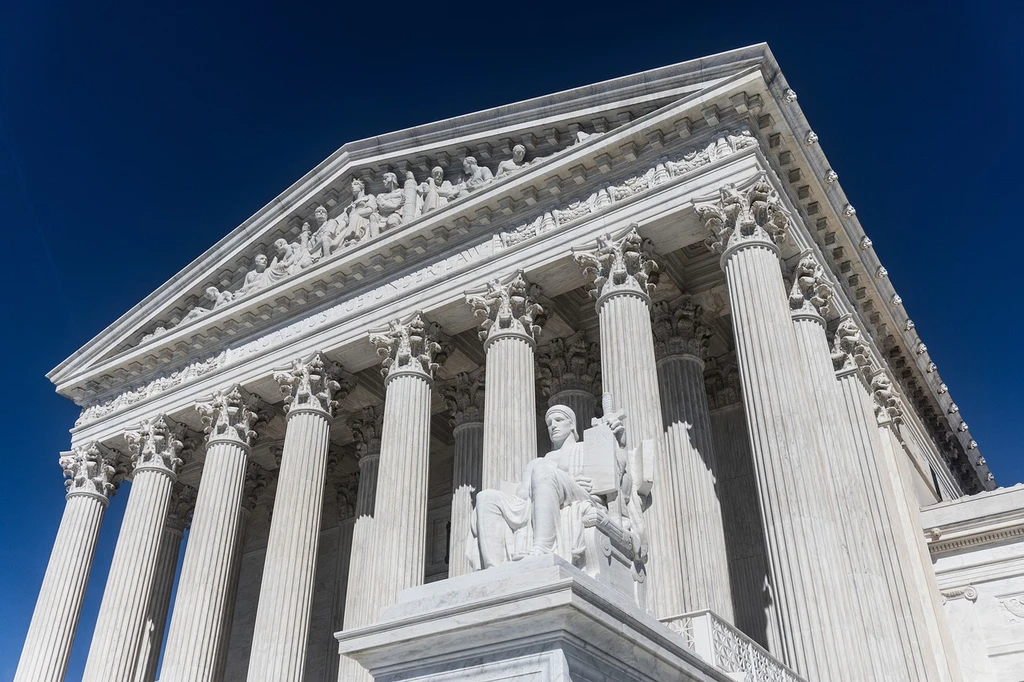
Ifrah also said the issue under discussion in the case may not appeal to the justices if it ended up in the docket.
“It’s a very narrow issue… but I don’t think this question of somewhat first impression is going to make its way immediately to the Supreme Court.”
What about going through the state court?
Another option open to those who wished to challenge the compact would be to do so in state court. In the DC Circuit’s original opinion, the judges seemed to encourage this possibility.
They said they only were ruling on the narrower issue of whether the secretary of the interior had the authority to rule on the compact.
“That question and any other related questions of state law are outside the scope of the secretary’s review of the compact, are outside the scope of our judicial review and, as a prudential matter, are best left for Florida’s courts to decide,” reads the opinion.
Any lawsuit going through state court would likely centre on Amendment 3, the 2018 amendment to the Florida constitution. It offers Florida voters the “exclusive right to decide whether to authorise casino gambling in the state of Florida”.
Under the law, any approval of casino gambling in Florida requires 60% of Floridian voters to approve it in a referendum.
However, both Ifrah and Jarvis highlighted several possible problems that would complicate this:
- The question of legal standing
- Whether the Seminole Tribe is considered a necessary party
- The wording of Amendment 3
Issues with taking the case through Florida court
One issue, as pointed to by Ifrah, is that anyone who brings the case will have to deal with the question of legal standing.
Ifrah said this means “the court asks why this is relevant and material to your plaintiff and they may not be able to explain that”.
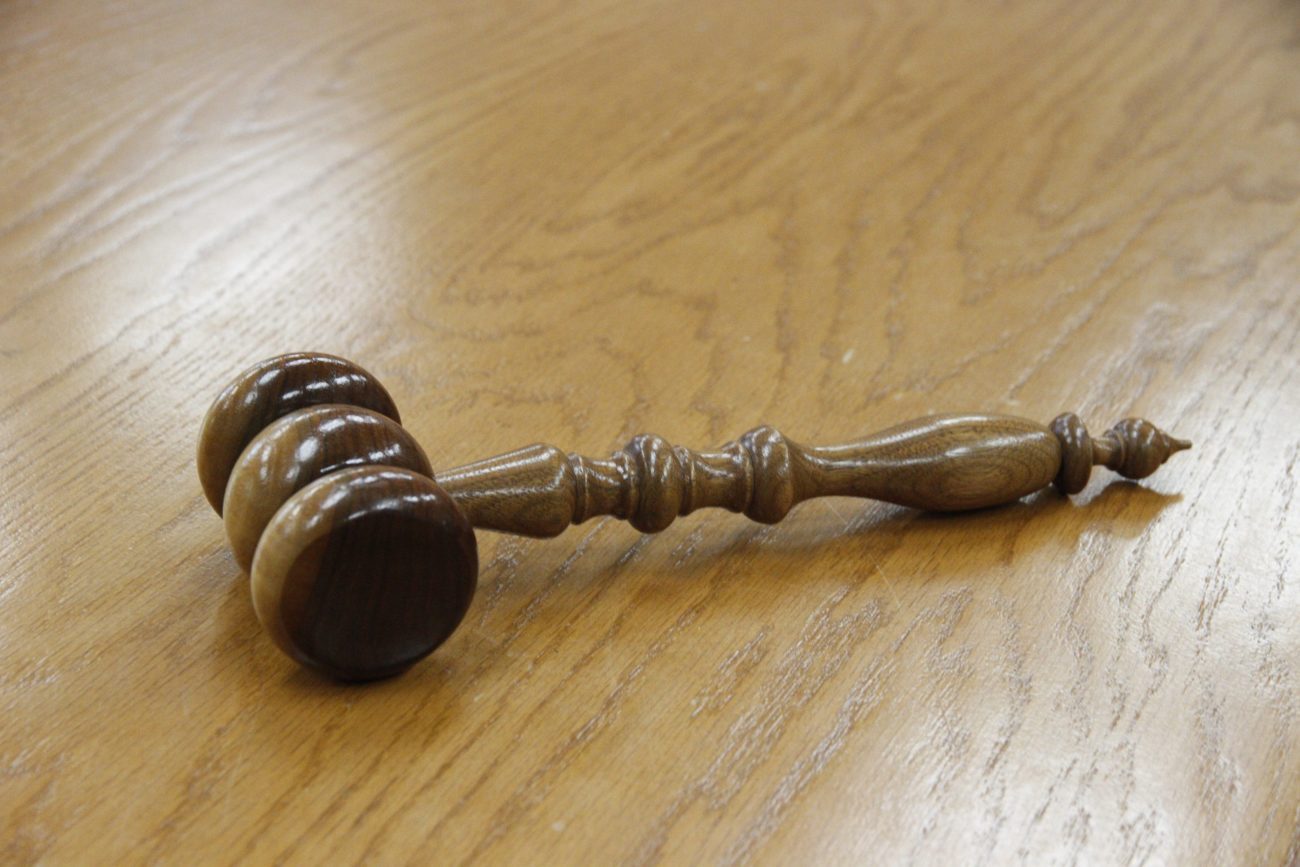
If the plaintiff is not able to demonstrate this to the court’s satisfaction the case may end up thrown out, he continued.
Another problem is whether the Seminole Tribe is considered a “necessary party” by the court. If so, its absence from the lawsuit would lead to the case being dismissed.
However, it is not possible to add the Seminoles for a state court due to it being a sovereign tribe. Instead, it could only be sued in tribal court.
Beyond these technical points, Jarvis highlighted the wording of Amendment 3 as posing a potential obstacle.
“First of all, when you carefully read the amendment, it does not talk about all gambling, it talks about casino gambling,” said Jarvis.
He further pointed to paragraph B. This defines casino gambling in a number of specific games, such as baccarat, blackjack or roulette.
He also pointed to the amendment’s paragraph C. This states that none of the limitations would apply to Indian gaming, which is specifically exempt.
“In two different but very important ways, Amendment 3 has no relevance to this discussion. It is a red herring,” said Jarvis.
Implications for outside Florida
“The billion dollar question that a lot of the big operators outside of Florida will be thinking about is, what does this mean for other states and Indian country generally? Especially the big prize, California?” said Ifrah.
However, he believes the ruling would not have implications on sports betting in California.
Ifrah pointed to the fact that the DC Circuit does not apply to the state, which has its own appellate court in the form of the Ninth Circuit Court.
He also said the opinion itself was narrow in its scope and so does not have wide implications for other states.
Finally, he pointed out that California does not have a tribe equivalent to the Seminoles.
“California does not have one tribe that runs the entire state,” said Ifrah. “If they did they probably would’ve authorised sports betting by now.
“We don’t really have a state that is as big as Florida and we don’t really have a tribe that is as big as the Seminoles.”

